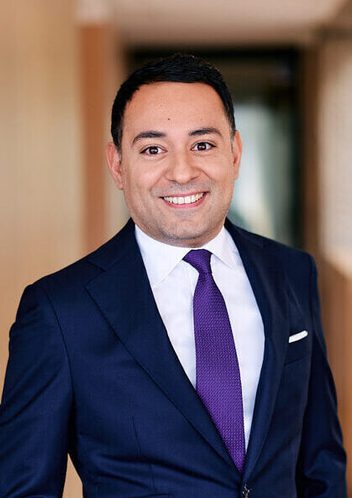
Thomas Hagen
Partner
Oslo
Newsletter
by Thomas Hagen and Anna Eide
Published:
In the rapidly evolving tech industry, the intersection of employee innovation and intellectual property rights presents a complex legal landscape. In this article we will point to some of the most relevant issues that might arise for companies operating in Norway.
The Norwegian Employee Inventions Act ("EIA") sets out rights and obligations relating to patentable employee inventions. The EIA categorises inventions into three groups depending on the relationship between the invention and the employee's job responsibilities, each with different implications for employer claims and employee compensation rights. Crucially, the EIA does not automatically assign invention rights to the employer, necessitating proactive measures to secure these rights within specified deadlines.
Further, under the EIA system, the employer does not have an automatic right to the exclusive ownership of an employee invention. For example, in cases where the invention is made in connection with the employment, but not as a result from a specific task or job-related duty, the employer would only have the right to claim a non-exclusive license to such invention. The EIA also sets out mandatory provisions relating to compensation.
To navigate this legal framework effectively, we recommend that the following measures are implemented in order to bring down the risk of being caught without the proper chain of title to the company's employee inventions:
These measures are designed to protect both the employer's interests in securing IP rights to patentable employee inventions, and the employee's right to reasonable compensation for such inventions, as mandated by the EIA.
The IP rights to developments and inventions that are not patentable in Norway, are not subject to the regulation set out in the EIA. As such, the safety-net provided by the EIA does not apply to such developments and inventions. Although such developments are, to some extent, presumed to be assigned to the employer, we would still recommend including comprehensive IP clauses covering copyrights and other IP rights as well as patentable rights, in the employment agreement.
By adopting the above-mentioned guidelines, companies can secure their technological advancements and maintain a competitive edge in the global market.
For more details and information, please do not hesitate to contact our experts.

Partner
Oslo

Senior Associate
Oslo

Partner
Oslo

Partner
Oslo

Senior Lawyer
Oslo

Partner
Stavanger

Partner
Stockholm

Senior Associate
Oslo

Associate
Stockholm
